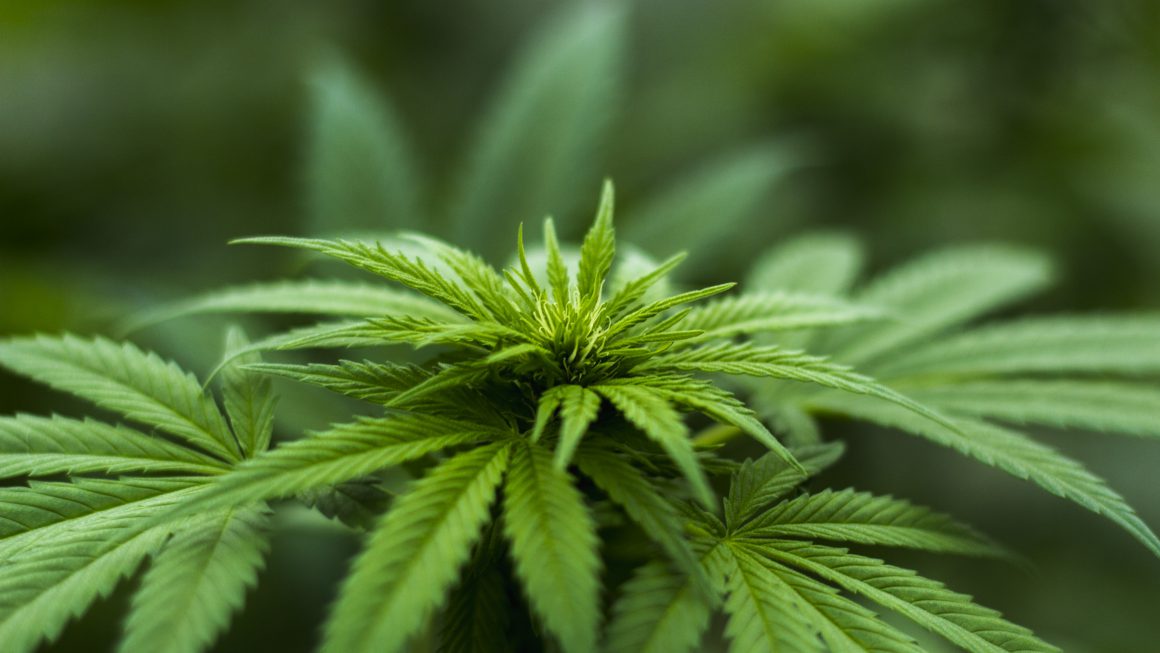
What Do Changing Marijuana Laws Mean for Landlords?
Legal cannabis means changes for tenants and landlords. Navigating new legislation can be tricky, but getting ahead of the issue can help you take the high road.
With governments around North America preparing to pass some game-changing legislation, you might be wondering what it means for your rental property. What are tenants legally allowed to do? What are the rules around growing and consuming marijuana when it’s on the right side of the law?
There are certainly a lot of unknowns, and most states and provinces are still ironing out the details—but there are a few things you can do to ensure a smooth transition for you and your tenants.
David Hutniak, CEO of LandlordBC has been an active part of the conversation about how new legislation affects rental properties. “Renters won’t necessarily know what their rights and responsibilities are and neither will landlords,” he says. This makes it especially important for landlords to educate themselves ahead of time.
Here’s what you should know:
Consumption of Recreational Marijuana
Let’s face it—cannabis has a certain…aroma. And while enjoying it might soon (or already) be perfectly legal in your state, that doesn’t mean you can smoke it anywhere at any time. You should look at legal marijuana the same way you look at any other activity your tenant enjoys in their rental property. Playing the piano isn’t illegal and neither is smoking tobacco, but the key is consideration. Many tenancy agreements will put reasonable restrictions on when and where it’s okay to do those things. This ensures that close by neighbors aren’t disturbed, and that everyone can enjoy and feel comfortable in their own spaces. When marijuana becomes legal, it’s important to make sure you and your tenant are on the same page for what’s acceptable. The easiest way to do this is to have a robust written agreement.
Growing Recreational Marijuana
If it’s not a controlled substance anymore, does that mean your tenant can grow it in their rental? The answer to this question will depend largely on your state or province, but there are some things that you and your tenant should know.
To successfully grow a plant, it takes a higher temperature and humidity than is normal in most rental properties. Since it needs to be warm and moist, there is a risk of condensation and mould. It also takes a lot of light, and usually requires high-pressure sodium bulbs that draw a lot of power. You need the right wiring in place if you want to run these lights, because otherwise you’re creating a fire risk. Landlords and tenants should to take the time to understand what’s involved in growing marijuana, because it could have an impact on the property.
Getting Ahead of the Issue
You and your tenant will probably have some questions about what changes after cannabis is legalized. “The short answer is that, if it’s legalized tomorrow, the landlord has the same rights that they have today with the illegal product,” says Hutniak. That means if your tenants are doing anything that interferes with their neighbors or damages your property, you can take action. But the best course of action is to avoid any issues before they begin. If you’re meeting with prospective tenants, take the time to get to know them and make sure they’re a fit for you and your property. “If screening is done well, that’s the most effective way to mitigate risk around a variety of tenant challenges,” Hutniak continues.
Existing tenants, especially those in multiunit rentals, might have questions about legalized marijuana. The best thing you can do is familiarize yourself with the issues so you can address their concerns as they come up.
Did marijuana laws change where you live? Comment below and let us know how you kept things from going up in smoke.
Comments are closed.

